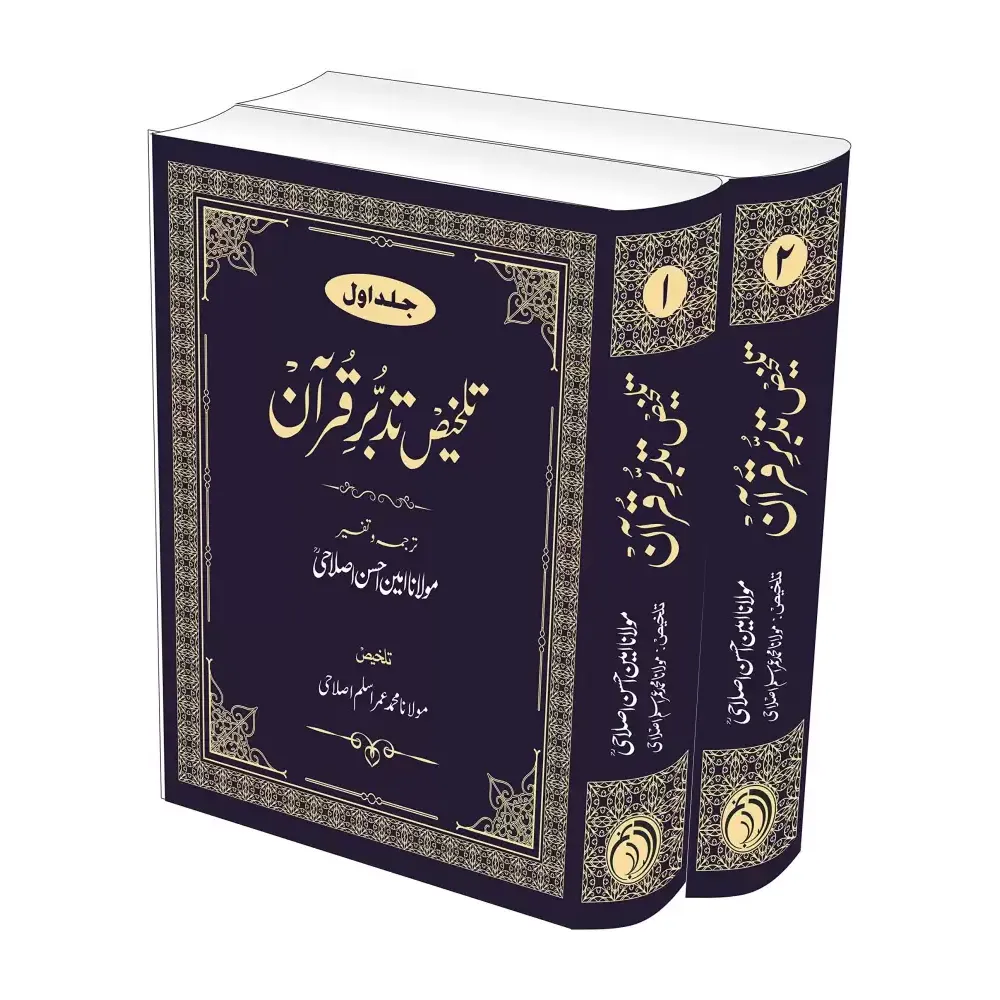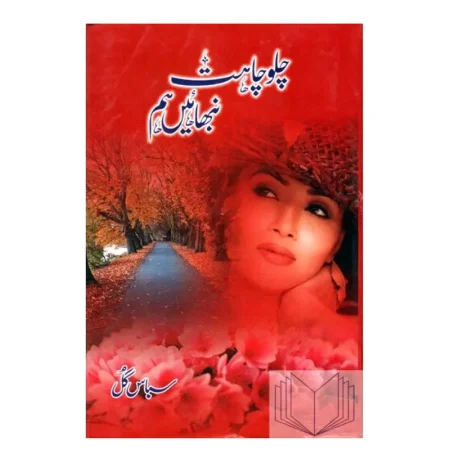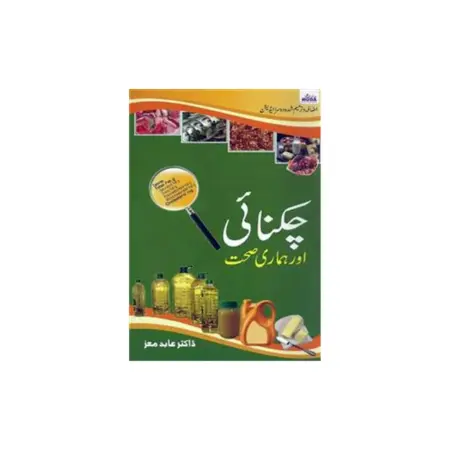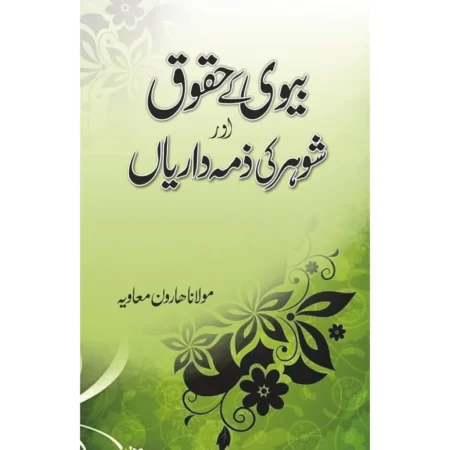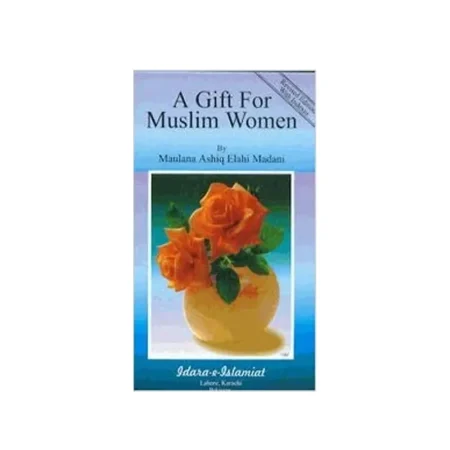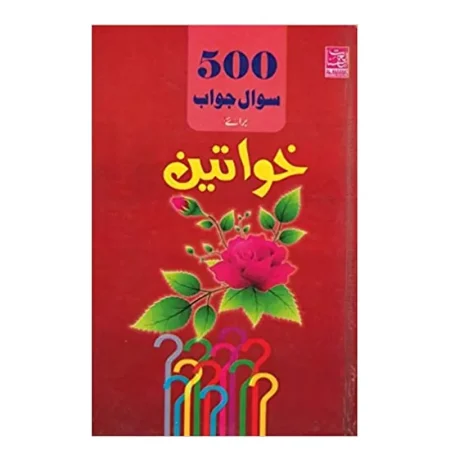Muslim Spain Tahzeebi Wa Saqafati Tareekh Dr Muhammad Umar Farooque Al Balagh Urdu
₹350.00 Original price was: ₹350.00.₹280.00Current price is: ₹280.00.
- Name: Muslim Spain Tahzeebi Wa Saqafati Tareekh
- Writer: Dr Muhammad Umar Farooque
- Publisher: Al Balagh
- Language: Urdu
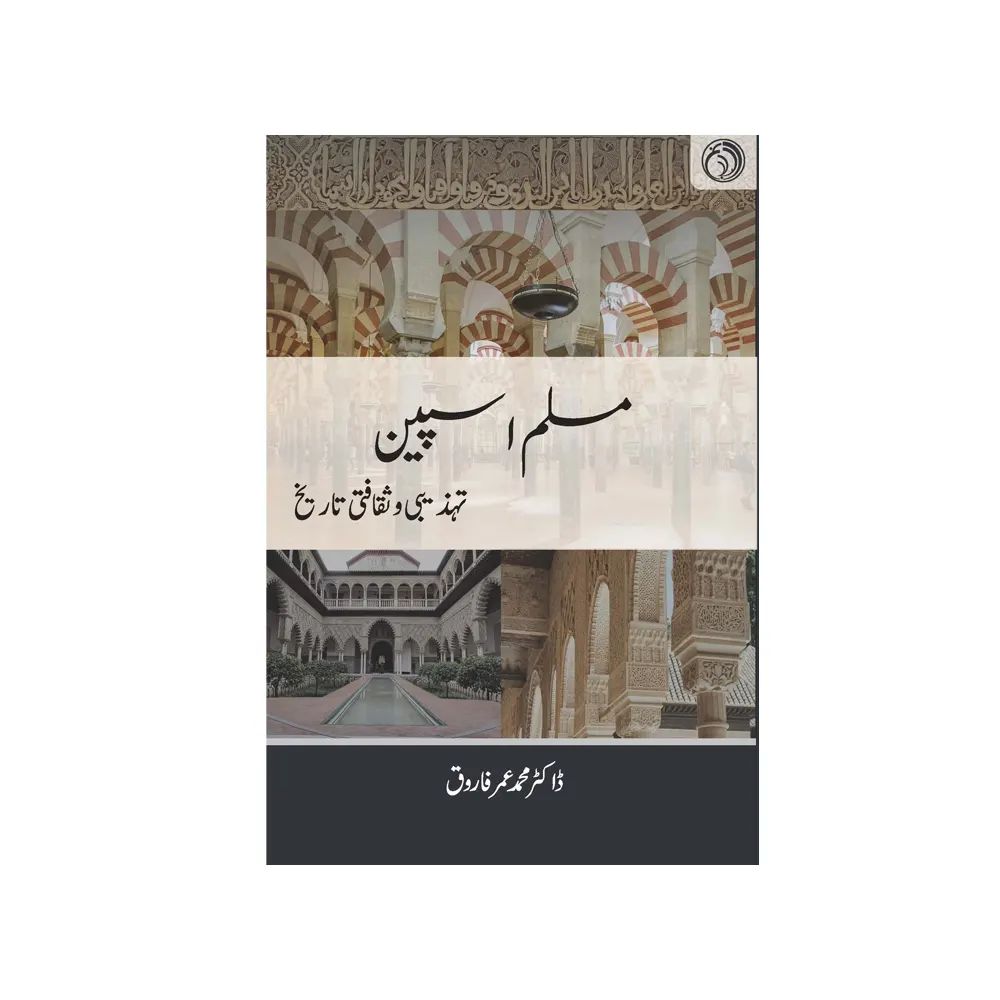
Muslim Spain Tahzeebi Wa Saqafati Tareekh Dr Muhammad Umar Farooque Al Balagh Urdu
₹350.00Original price was: ₹350.00.₹280.00Current price is: ₹280.00.Request a Call Back
This contact form is available only for logged in users.
- Delivery & Return
How Does The Delivery Process Work ?
- Once Our System Processes Your Order, Your Products Are Inspected Thoroughly To Ensure They Are In Perfect Condition.
- After They Pass Through The Final Round Of Quality Checks, They Are Packed And Handed Over To Our Trusted Courier Partners.
- Our Delivery Partners Then Bring The Package To You At The Earliest Possibility. In Case, They Are Unable To Reach Your Provided Address Or At A Suitable Time, They Will Contact You To Resolve The Issue.
How Are Items Packed ?
We Package Our Products In Corrugated Boxes, Which Are Covered With 3 Layer Protection. Each Individual Product Is Packed In Bubble Wrap While Fragile Items Like Bottles Are Safely Secured With Additional Bubble Wrap. We Pride Ourselves On The Quality Of Our Packaging.What Is The Range Of Locations To Which Daarul Kitab & Islamic Store Ships It’s Products ?
We Shipped Our Products Pan India!My Order Has Been Shipped, How Can I Track It ?
Once Your Order Has Been Dispatched, You Will Receive An Email And SMS With Tracking Details.You Can Track The Status Of Your Order Within 24 – 48 Hours After Your Order Is Dispatched From Our Warehouse.Following Are Some Of Our Trusted Courier Partners: eKart Logistics, BlueDart, Delhivery, Xpressbees, Ecom Express, DTDC & ShadowfaxWhat Is The Estimated Delivery Time ?
It Takes 3-7 Business Days To Deliver The Order Once Order Has Been Dispatched.Though We Keep 95% Of Our Catalog In Our Inventory, Certain Products Need To Be Sourced Directly From The Brand Itself So That We Can Live Up To Our Promise Of Providing Fresh, Non-expired Products.Are There Any Shipping Charges Applicable To My Order ?
We Have Different Shipping Charges For Different Zones Which Start From 60₹ To 100₹ Is Applied To All Orders Below ₹1999, While There Is Free Shipping For All Orders Above ₹1999Note: Please Take A Video/Photos While Opening A Order You Received We Need It If Anything Goes Wrong With You Order Between Journey Of Our Warehouse To Your Doorstep, If You Find Order Is Damaged Or Intact Please Do Not Accept The Order Delivery .
Disclaimer: Any Complaints Related To Product/Delivery Should Be Brought To Our Notice Within 48 Hours From The Time Of Delivery.
Help
Give us a shout if you have any other questions and/or concerns. Email: support@daarulkitab.com Phone: +918755553311 WhatsApp: +918755553311 - Ask a Question

Muslim Spain Tahzeebi Wa Saqafati Tareekh Dr Muhammad Umar Farooque Al Balagh Urdu
₹350.00Original price was: ₹350.00.₹280.00Current price is: ₹280.00.Ask a Question
This contact form is available only for logged in users.
Muslim Spain Tahzeebi Wa Saqafati Tareekh Dr Muhammad Umar Farooque Al Balagh Urdu
Overview: “Muslim Spain: Tahzeebi Wa Saqafati Tareekh” by Dr. Muhammad Umar Farooque is a comprehensive exploration of the cultural and civilizational history of Muslim Spain, also known as Al-Andalus. Written in Urdu and published by Al Balagh Publications, the book delves into the rich heritage of Muslim rule in Spain, highlighting the contributions of Muslim scholars, scientists, artists, and rulers to the development of Spanish and European civilization.
Key Themes:
1. Historical Background:
- The book provides a detailed account of the history of Muslim Spain from the initial conquest in 711 CE to the fall of Granada in 1492 CE.
- It explores the various dynasties that ruled Al-Andalus, including the Umayyads, Almoravids, Almohads, and Nasrids.
2. Cultural Achievements:
- Dr. Muhammad Umar Farooque highlights the cultural achievements of Muslim Spain, including advancements in science, medicine, mathematics, astronomy, and architecture.
- The book discusses the establishment of renowned institutions such as the University of Cordoba and the contributions of scholars like Ibn Rushd (Averroes) and Ibn Arabi.
3. Architectural Marvels:
- The book showcases the architectural wonders of Muslim Spain, such as the Great Mosque of Cordoba, the Alhambra Palace in Granada, and the Giralda Tower in Seville.
- It explores the architectural styles and design principles that characterize the buildings of Al-Andalus.
4. Social and Economic Life:
- The book provides insights into the social and economic life of Muslim Spain, including the agricultural innovations, trade networks, and urban development.
- It discusses the coexistence and interactions between Muslims, Christians, and Jews in Al-Andalus.
5. Art and Literature:
- Dr. Muhammad Umar Farooque delves into the rich artistic and literary heritage of Muslim Spain, including poetry, music, and visual arts.
- The book highlights the influence of Arabic literature and poetry on the cultural landscape of Al-Andalus.
6. Legacy and Influence:
- The book reflects on the enduring legacy of Muslim Spain and its influence on European Renaissance and modern Western civilization.
- It discusses how the intellectual and cultural achievements of Al-Andalus laid the foundation for future advancements in various fields.
Purpose: The primary purpose of the book is to provide a thorough and insightful understanding of the cultural and civilizational history of Muslim Spain. Dr. Muhammad Umar Farooque aims to highlight the contributions of Muslim scholars, scientists, artists, and rulers to the development of Spanish and European civilization. By presenting a detailed and well-researched account, the author seeks to promote appreciation and respect for the rich heritage of Al-Andalus and its impact on the world.
| Weight | 100 g |
|---|---|
| Dimensions | 10 × 10 × 10 cm |
Related Products
- Chalo Chahat Nibhae Hum ( Sabas Gul ) Pak Urdu
1 in stock
- 26 Chabbis Surtein Momin Ka Hathyar Allah Ki Panah Muhammad Yunus Idara (Urdu)
4 in stock
- Paperback
- Publisher: Goodword Books
- Language: English
2 in stock
- A Gift For Muslim Couple M. Ashraf Ali Thanvi Idara (English)
3 in stock
- Zikr-E-Rasool S.A.W. ( Maulana Abdul Majid ) Lucknow Urdu
6 in stock
1 in stock
1 in stock
1 in stock
2 in stock
- A Gift For Muslim Women Maulana Ashiq Iilahi Madani Idara (English)
4 in stock
1 in stock
- Hardcover
- Publisher: Al-Hasanat; 1 edition (2016)
1 in stock

